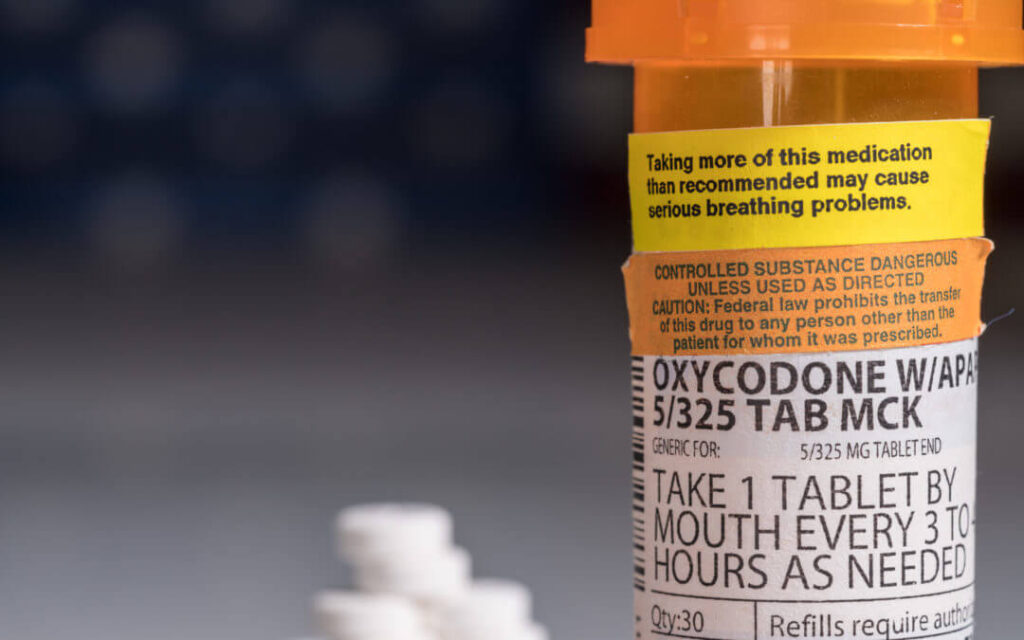Opioid addiction in America has risen to crisis proportions in recent years, affecting people from all demographics and all walks of life.
According to a recent study released by the US Department of Health and Human Services, 130 people die every day from opioid overdose from drugs that include prescription pain medications like oxycodone and morphine, synthetic opioids like fentanyl and hydromorphone, and street opiates like heroin.
Opioid addiction can affect anyone
It often starts innocently enough. Following an injury or after surgery, patients are prescribed pain medication to help them cope as they heal. What is supposed to be a temporary intervention quickly turns into a physical addiction.
If the doctor refuses to renew the prescription, patients often turn to the street, often ending up with counterfeit drugs, some laced with deadly doses of fentanyl. Those who do not overdose become even more addicted.
While some manage to maintain their jobs and go on with their lives in spite of it, many lose everything to their addiction, spending all of their time trapped in the cycle of getting money for drugs through crime or deception, looking for drugs, using them, and recovering from them.
For these individuals, there is little choice. The withdrawal symptoms are severe enough that they will do just about anything to keep themselves well – which means, continuing to use. When desperation sets in, any promise of relief will do, leading even the most cautious into dangerous territory.
Opioid addiction treatment Long Beach
While you might think the opioid crisis is a recent phenomenon, addiction has threatened public health several times over the past few centuries. Every time it takes hold, scientists come up with newer versions of the drug that are supposed to be safer.
Many of these formulations, like heroin, and more recently, methadone, have actually been invented to treat addiction. The philosophy is that if a doctor can control and monitor the dosage, it will be easier to manage. In reality, what they are really doing is transferring the addiction to a different form of the same thing and continuing the cycle. While some may respond to this treatment and move past their addiction, many become stuck in it for years, never truly breaking free.
What’s different in today’s opioid treatment?
Today, we better understand the mechanisms of addiction and pain. We approach treatment and recovery differently than in the past, putting the focus on the patient and helping them return to a functional, productive life.
Medications we now use to treat opioid addiction, like buprenorphine, Suboxone, and Subutex, are highly advanced, alleviating the symptoms without causing the opiate “high.”
At our Long Beach opioid treatment center, we combine drug therapy with a multi-disciplinary therapeutic approach that includes psychological counseling, physical therapy, and educational support to help individuals get their lives and their joy for living back on track.
While medications are an important intervention in addiction treatment, we place an equal focus on the underlying cause, whether that is rooted in chronic pain, psychological behaviors, outside stressors, or other forms of mental illness. This type of combination therapy has helped many people overcome the bonds of opioid addiction and return to a healthy, productive, and happy life.
Opioid treatment Long Beach
If you or a loved one is struggling with opioid addiction, we can help. Visit Raíces a través de la recuperación at 3939 Atlantic Ave, Suite 102 Long Beach, CA 90807 or call (866) 766-8776 for immediate assistance. Reach out today to get started.




